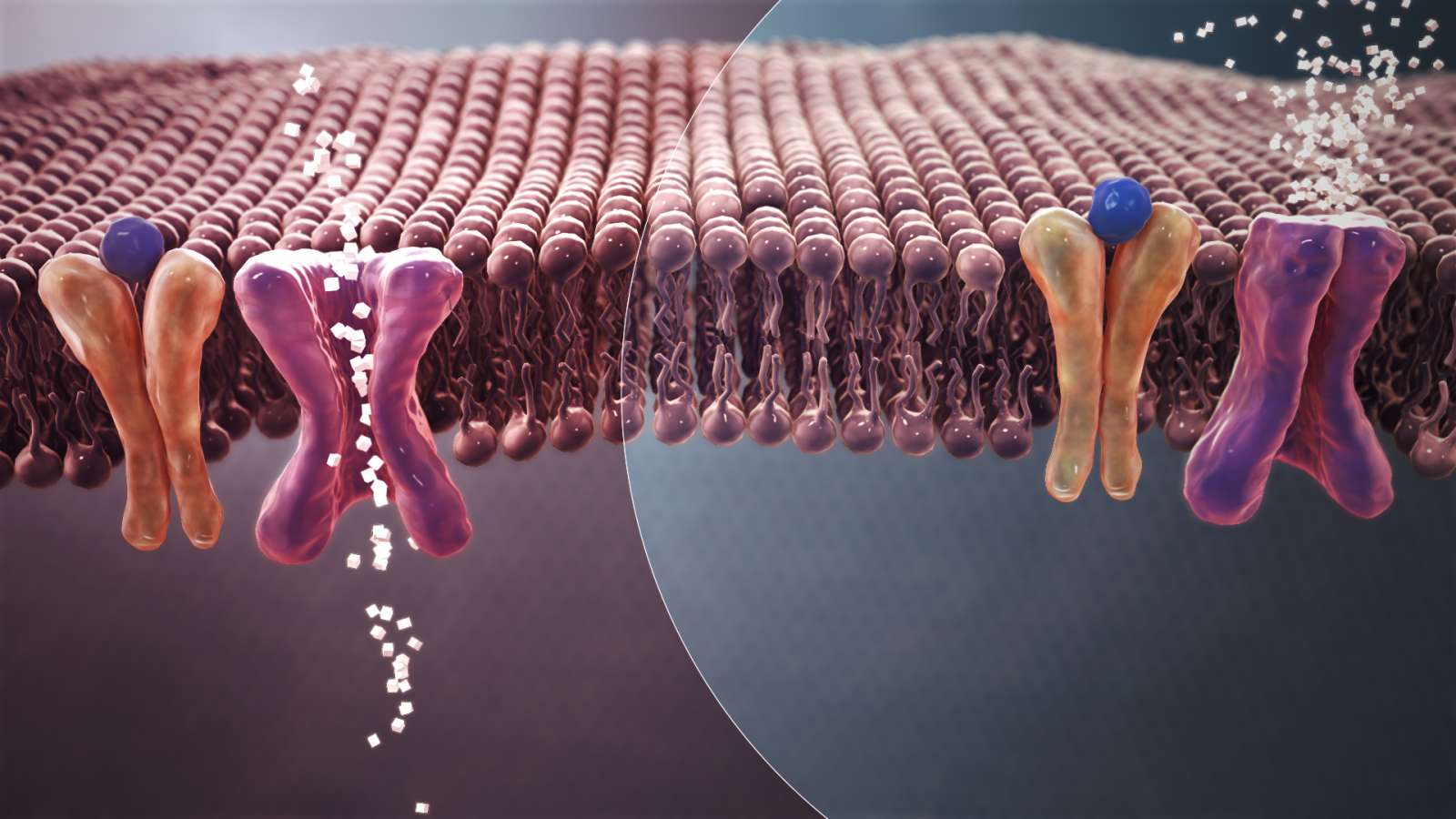

 Figure 1. Metabolic dysregulation and fibrosis may lead to multiple organ failure | Metabolic dysregulation is a central part of many pathologies that may lead to multiple organ failure. Usually accompanied and driven by obesity, this complex syndrome is a major cause of complications and an increased risk of outcome in various diseases. Through the increased synthesis and deposition of extracellular matrix (ECM) proteins, fibrosis-specific biomarkers such as PRO-C3 and PRO-C6 are highly descriptive of risk of outcome in diseases affected by metabolic dysregulation. Metabolic dysregulation causing increased levels of PRO-C3 and PRO-C6 can be observed in MAFLD/MASH (formerly NAFLD/NASH), chronic kidney disease, diabetes and heart failure, leading to impaired organ function and increased risk of adverse events as a result of increased fibroblast activity. Treatments that impact metabolic processes should therefore lead to lowered levels of particularly PRO-C3 and PRO-C6, which reflects lowered fibroblast activity, leading to risk mitigation (Figure 1). These biomarkers can therefore be applied in patients to help accurately identify and stratify patients according to their systemic risk profile, and also be used as efficacy biomarkers. Ultimately, they can be used as tools for guiding treatment directions and monitoring patient responses to treatment. |
Search and find publications that we have published.
Please don't hesitate to contact us if you have any questions or other inquiries.